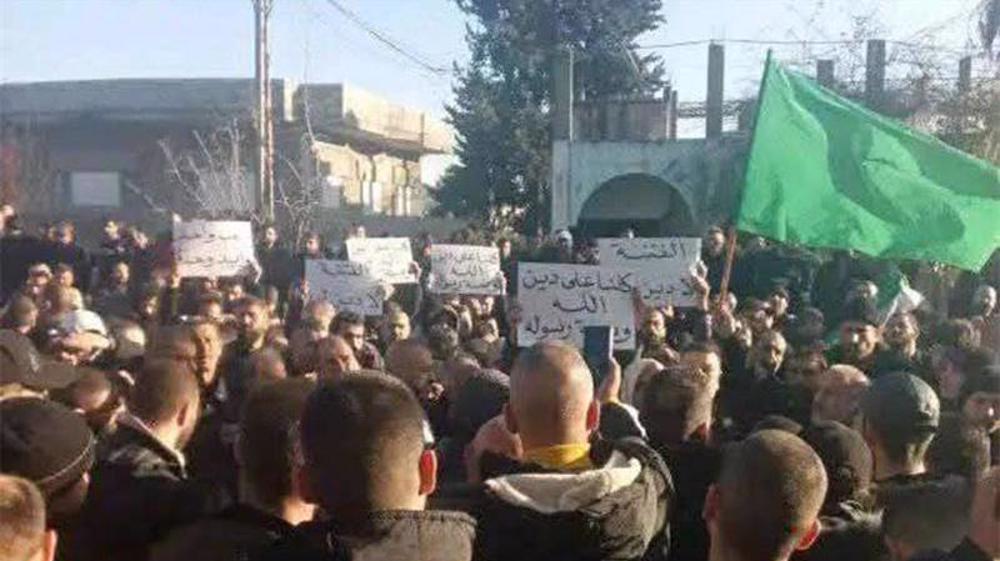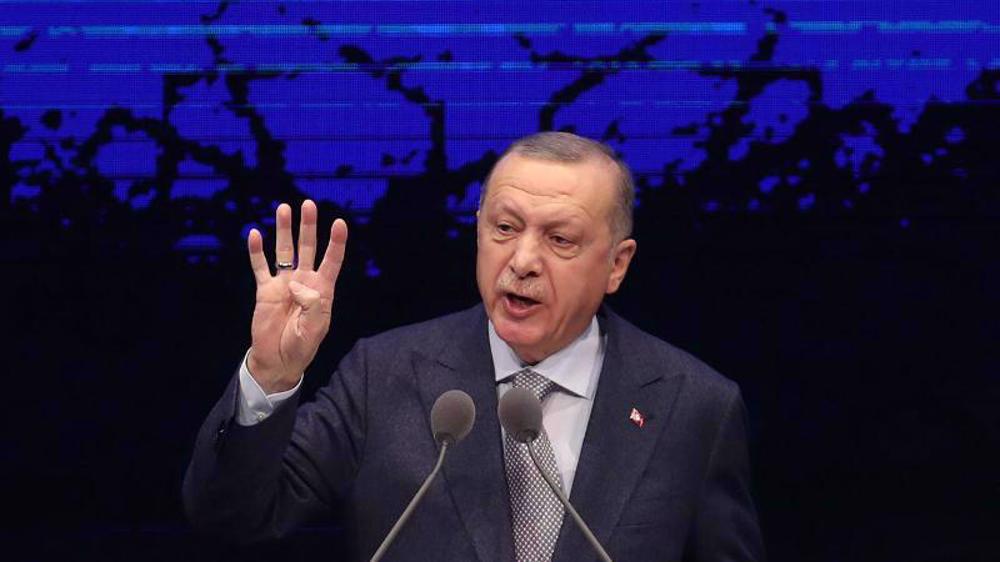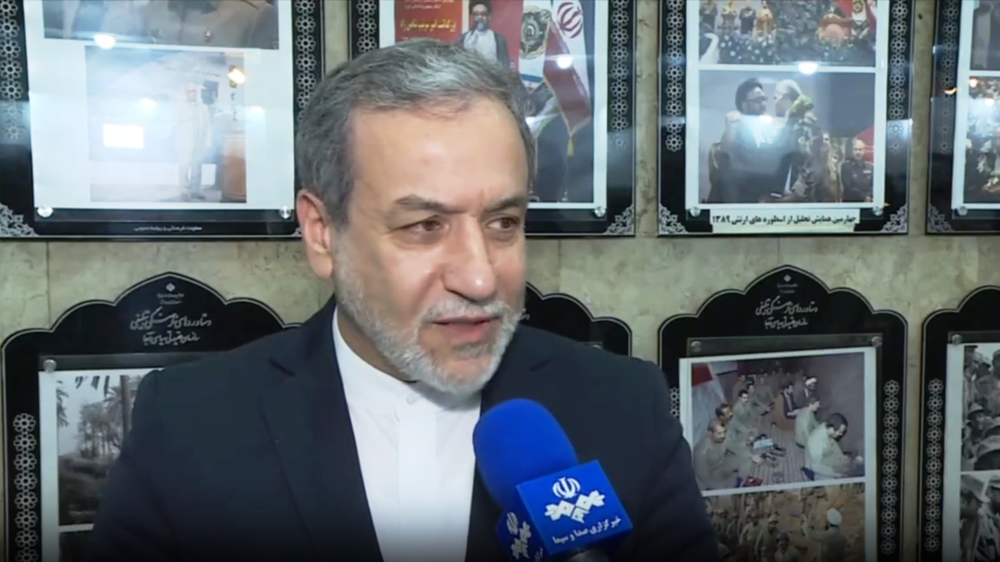Turkey, Russia slam US call for ending Syria peace talks in Astana
Ankara and Moscow have censured US Special Envoy for Syria James Jeffrey’s recent call for an end to peace talks on Syria in the Kazakh capital, Astana, emphasizing that the process – mediated by Iran, Russia and Turkey -- contribute to a political resolution of the conflict in the Arab country.
Speaking at a US State Department press briefing on Monday, Jeffrey suggested that the international community should abandon the Astana process if its participants fail to set up a Syrian constitutional committee by December 14.
“Our suggestion .... is that we do not continue with this rather strange Sochi/Astana initiative, for them to take over the job of putting together a constitutional committee and presenting it on a platter to [UN Special Envoy for Syria Staffan] de Mistura,” he said.
He claimed, “They tried and they failed, or at least up to this point they failed. And if they are still failing by the 14th, the US view ... is let’s pull the plug on Astana.”
In response, Turkish Foreign Minister Mevlut Cavusoglu described Jeffrey’s statement as “wrongful” and “unfortunate.”
The Astana format – which has brought the parties to the Syria conflict to the negotiating table – has so far made numerous achievements both on the battlefield and the political stage.
The talks have helped significantly decrease the violence gripping Syria by creating for de-escalation zone there. They have also paved the way for the formation of a constitutional committee.
This is while a parallel UN-backed peace process in Geneva, Switzerland, has failed to deliver any breakthrough.
The top Turkish diplomat highlighted the failure of the UN-backed Geneva talks and said, “If the ceasefire in Syria is still preserved, even despite the violations, if today we can still talk about a political process, if we can discuss the constitutional committee… they have been achieved thanks to the Astana process and Sochi [talks].”
“Turkey never allowed Astana and Sochi to become alternatives to the Geneva process,” he noted. “But nothing happened in Geneva, no steps were taken [in Geneva] on the issues I referred to, not even a real meeting.”
Separately on Wednesday, Russian Foreign Ministry Spokeswoman Maria Zakharova criticized Jeffrey’s remarks as “unconstructive,” saying they play into the hands of those who oppose the peaceful settlement of the Syria crisis.
She further stressed that the Syria political settlement process is still underway, and that setting timeframes for the formation of the constitutional committee is “destructive.”
“Such broad statements that if [progress on the Syrian constitutional committee is not achieved] by December, then that’s the end, are inappropriate here. For experts, this is a sign that those people who make these assessments are not professionals,” Zakharova said.
The Astana process began in January 2017 on the back of a Syria-wide ceasefire between the Syrian government and armed groups. Iran and Russia are allies of the Damascus government in the talks, while Turkey backs armed opposition groups.
The 11th round of the Astana talks concluded in late November.
Following that round, the three guarantor states of the Syria truce reiterated their strong commitment to Syria's sovereignty and territorial integrity.
The discussions mainly focused on the creation of a constitutional committee in Syria and the situation in the de-escalation zone set up in Idlib Province, the last major terrorist stronghold in the country.
Missile fired from Yemen hits Tel Aviv
VIDEO | Iran emerging as aviation service hub through innovative solutions
Iraq exhuming remains of 100 Kurdish women, children killed by Saddam
Panama rejects talks with US over canal control
VIDEO | Israel Yemen aggression
HTS rulers name al-Qaeda operative as Syria's new spy chief
Iran voices concern about rising insecurity, violence in Syria
VIDEO | Karachi sit-in amplifies nationwide call for justice for Parachinar victims
















 This makes it easy to access the Press TV website
This makes it easy to access the Press TV website